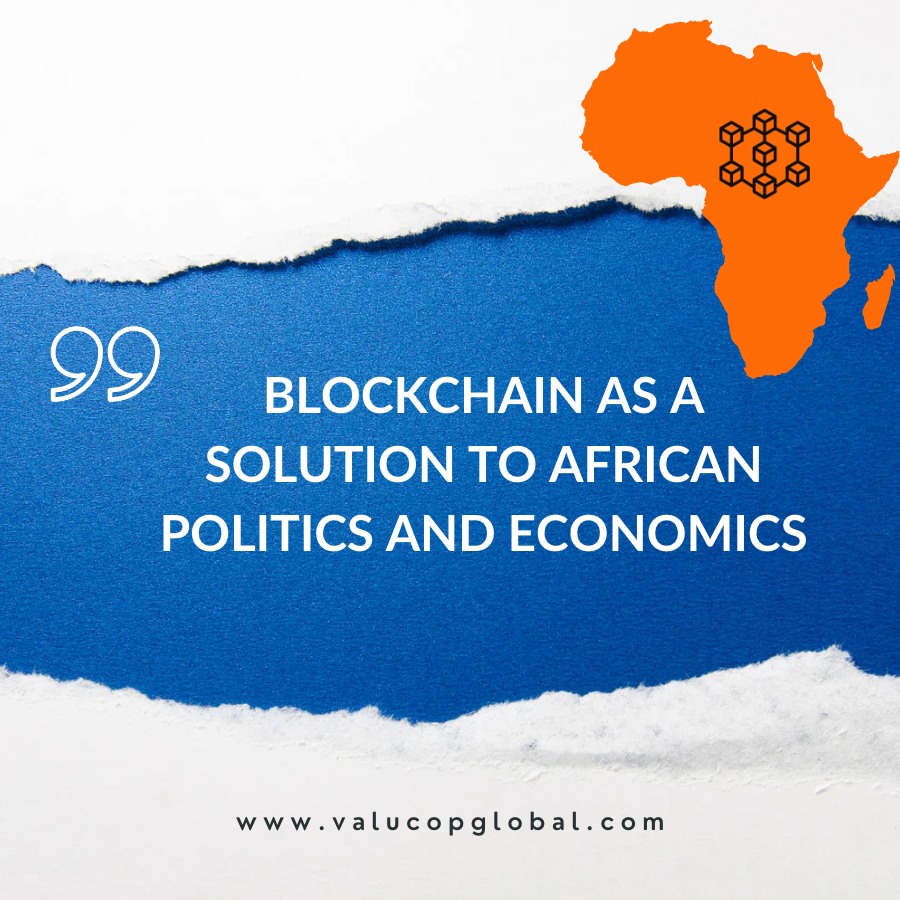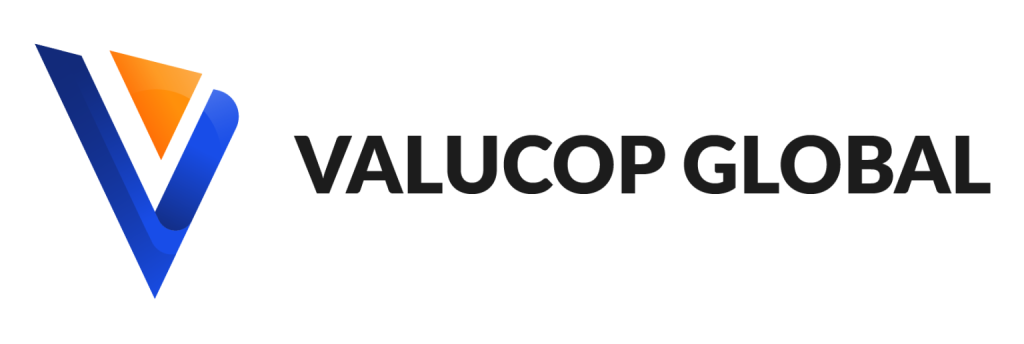Ladies and gentlemen, today we’re going to talk about one of the most exciting technologies that have emerged in the last decade: Blockchain. And we’re going to talk about how this technology can provide solutions to some of the most pressing issues in Africa: politics and economics.
What is Blockchain?
First of all, let me give you a brief introduction to what Blockchain is. It is a decentralized, digital ledger that records transactions in a transparent and immutable manner. This means that once a transaction is recorded on the Blockchain, it cannot be altered or deleted. This makes Blockchain an ideal technology for ensuring transparency and accountability in various industries, including finance, healthcare, and even politics.
Now, let’s talk about Africa.
Africa is a continent of enormous potential, with abundant natural resources, a young and growing population, and a rapidly developing economy. However, Africa also faces many challenges, including political instability, corruption, and a lack of trust in government institutions. These challenges have prevented the continent from reaching its full potential and have hindered economic growth and development.
This is where Blockchain comes in. Blockchain can provide solutions to some of the most pressing issues in African politics and economics. For example, Blockchain can be used to ensure transparent and fair elections. By recording votes on a Blockchain, it is possible to create a tamper-proof and transparent voting system that is immune to fraud and manipulation.

Blockchain Solutions for Africans
Blockchain can also be used to combat corruption in government institutions. By creating a transparent and immutable record of all government transactions, it is possible to prevent corrupt officials from embezzling funds or engaging in other forms of financial malfeasance.
Another area where Blockchain can provide solutions is in the realm of international trade. Many African countries are heavily dependent on exports for their economic growth, and Blockchain can be used to streamline and secure international trade transactions. By recording all trade transactions on a Blockchain, it is possible to create a transparent and secure system that reduces the risk of fraud and corruption.
In addition to these specific use cases, Blockchain can also provide a more general solution to the lack of trust in government institutions in Africa. By creating a decentralized and transparent system, Blockchain can help to rebuild trust in government institutions and promote greater transparency and accountability.
Click to listen to what some stakeholders have to say
Let’s look at some of the points above in a question and answer style:
Question 1: How can Blockchain be used to ensure fair and transparent elections in Africa?
“Great question. As I mentioned earlier, Blockchain can provide a tamper-proof and transparent voting system that is immune to fraud and manipulation. By recording all votes on a Blockchain, it is possible to create a decentralized and transparent system that ensures fair and transparent elections. In fact, several African countries, including Sierra Leone and South Africa, have already experimented with Blockchain-based voting systems, with promising results.”
Question 2: What specific challenges do African countries face when it comes to adopting Blockchain technology, and how can these challenges be overcome?
“Another excellent question. One of the main challenges facing African countries when it comes to adopting Blockchain technology is the lack of technological infrastructure and expertise. Many African countries lack the necessary infrastructure and expertise to implement and maintain Blockchain systems. However, there are several initiatives underway to address these challenges, including partnerships between governments, private companies, and international organizations. Additionally, Blockchain technology is becoming increasingly user-friendly, which can help to reduce barriers to adoption.”
Question 3: Can you provide some examples of successful Blockchain projects in Africa, and what lessons can be learned from these projects?
“Certainly. There are several successful Blockchain projects currently underway in Africa, including Bitland, a platform that uses Blockchain technology to record land ownership in Ghana, and Wala, a Blockchain-based financial services platform that provides low-cost banking services to underserved communities in South Africa. These projects demonstrate the potential of Blockchain technology to create innovative solutions to some of the most pressing issues in Africa. The key lesson we can learn from these projects is the importance of collaboration between governments, private companies, and international organizations to ensure the successful adoption of Blockchain technology.”
Question 4: How can Blockchain be used to promote greater transparency and accountability in government institutions in Africa?
“Another great question. Blockchain can be used to promote greater transparency and accountability in government institutions by creating a decentralized and transparent system that records all government transactions. By recording all government transactions on a Blockchain, it is possible to create a transparent and immutable record that can be accessed by anyone, thereby increasing transparency and accountability. Additionally, Blockchain can provide a secure and tamper-proof platform for citizens to report corruption and other forms of malfeasance in government institutions.”
Question 5: What potential do you see for Blockchain in the future of international trade in Africa, and how can this potential be realized?
“An excellent question. Blockchain has enormous potential to revolutionize international trade in Africa by streamlining and securing trade transactions. By recording all trade transactions on a Blockchain, it is possible to create a transparent and secure system that reduces the risk of fraud and corruption. Additionally, Blockchain can provide a platform for the creation of smart contracts, which can automate many of the processes involved in international trade, thereby reducing costs and increasing efficiency. To realize this potential, it is important for governments, private companies, and international organizations to collaborate and invest in the necessary infrastructure and expertise to implement Blockchain-based trade systems.”
